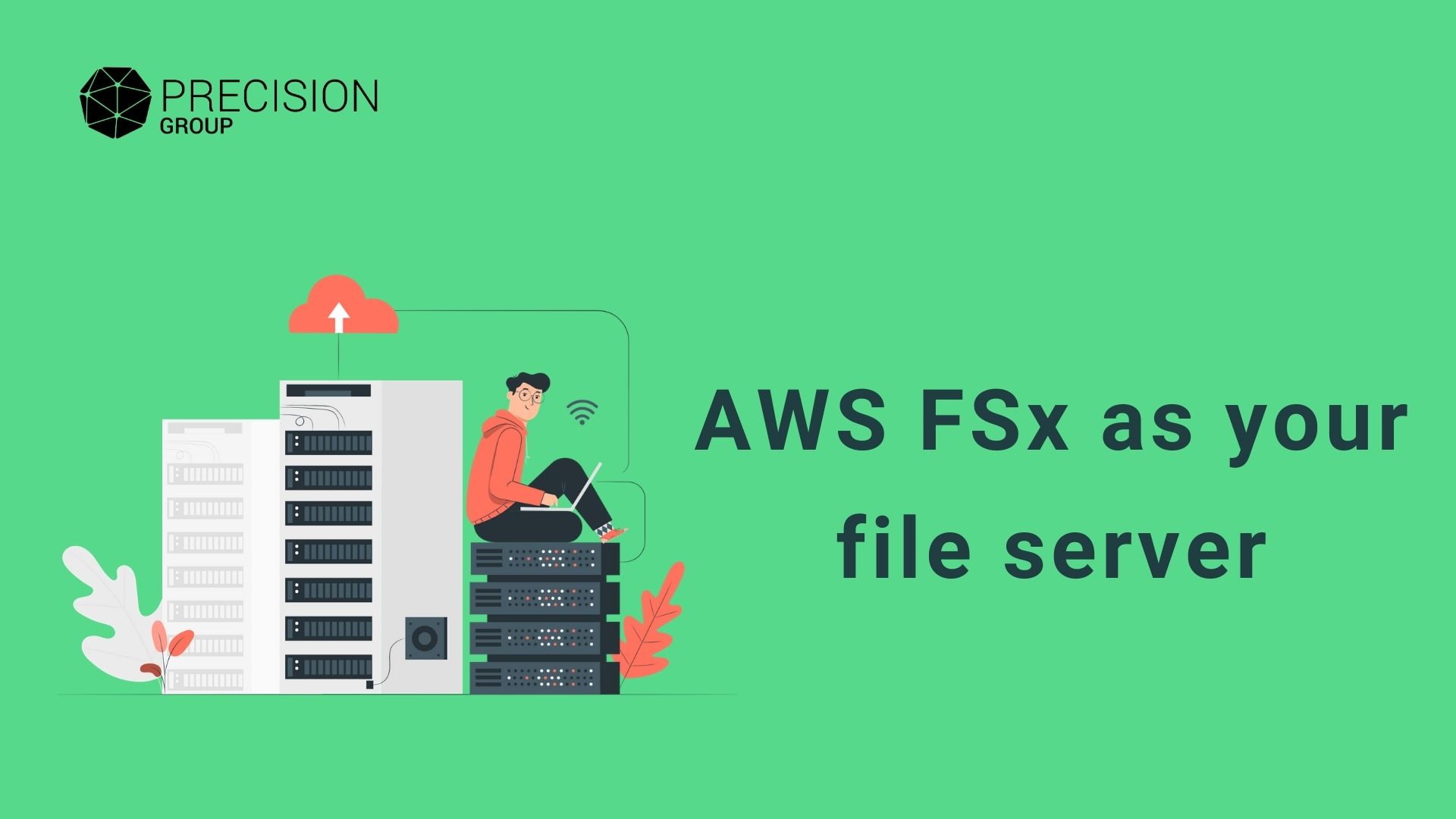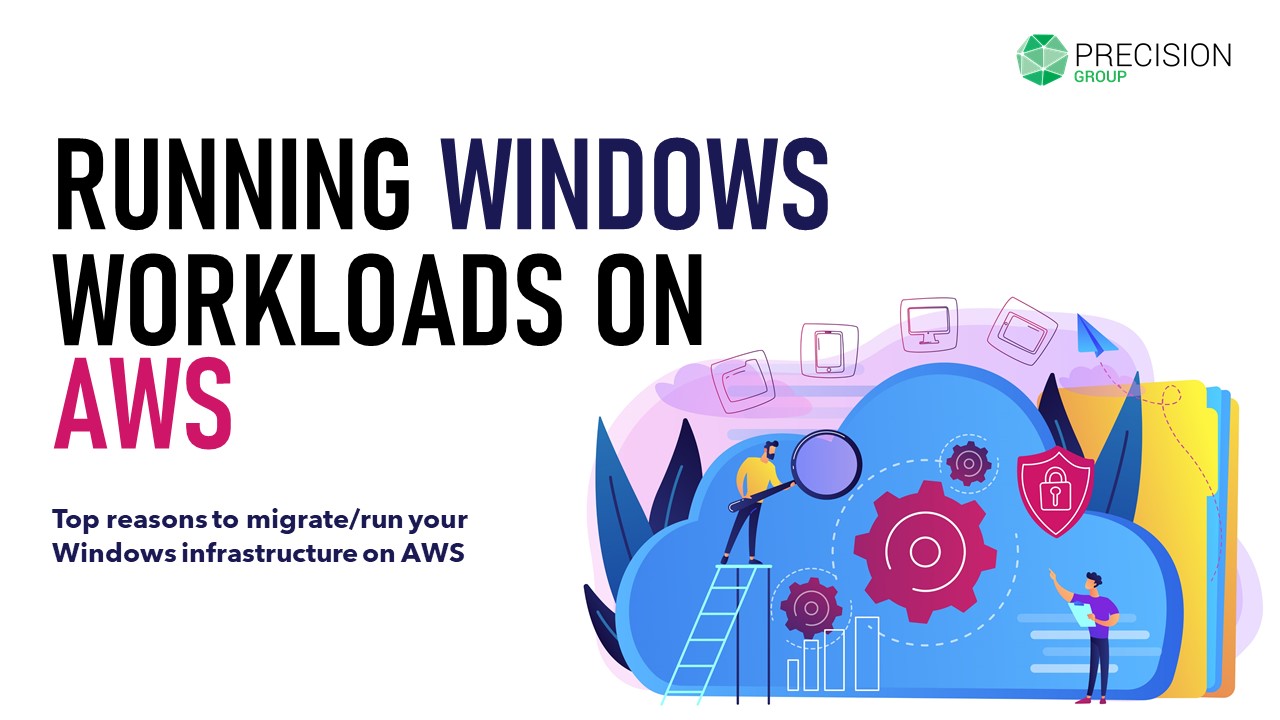HOW EHR IS A GAME CHANGER FOR THE HEALTHCARE INDUSTRY
Electronic Health Records (EHR) have revolutionized the healthcare industry by digitizing patient information and streamlining the care delivery process. However, with the increasing demand for more advanced features and scalability, many healthcare providers are opting for cloud-based EHR solutions. In this blog, we will discuss the importance of EHR on cloud and its benefits for healthcare organizations.
Cloud technology is widely used in the healthcare industry for various purposes, including:
- Electronic Health Records (EHR) and Electronic Medical Records (EMR) storage and management
- Medical image storage, sharing, and analysis.
- Telemedicine and remote patient monitoring
- Health information exchange (HIE) between healthcare providers and facilities
- Data analytics and population health management
- Disaster recovery and backup solutions
- Mobile health (mHealth) applications and services
Cloud technology offers many benefits to the healthcare industry, including increased accessibility, scalability, cost-effectiveness, and security.
What is EHR on Cloud?
EHR on cloud refers to the hosting of EHR systems on remote servers provided by cloud service providers. In this model, healthcare organizations access their EHR systems through the internet, which eliminates the need for maintaining on-premise servers and infrastructure.
IMPORTANCE OF EHR ON CLOUD
- Accessibility and Scalability
Cloud-based EHR systems provide healthcare organizations with unlimited access to their patient records from anywhere and at any time. Cloud EHR also allows for scalability to accommodate the growth of the organization without the need for investing in additional infrastructure.
- Data Security
Cloud-based EHR systems provide advanced security features, such as data encryption, firewalls, and intrusion detection systems. Healthcare organizations can also opt for regular data backups and disaster recovery solutions to protect patient records in the event of data loss or breach.
- Cost-Effectiveness
Cloud-based EHR systems eliminate the need for investing in on-premise servers and infrastructure, which can be costly. Healthcare organizations only pay for the services they use, making cloud EHR solutions a more cost-effective option.
- Interoperability
Cloud-based EHR systems offer advanced interoperability capabilities that allow for seamless integration with other healthcare systems, such as telemedicine and billing systems. This integration helps healthcare providers to optimize their care delivery and provide more comprehensive patient care.
- Regulatory Compliance
Cloud-based EHR systems are designed to comply with regulatory requirements, such as HIPAA, GDPR, and other privacy laws. Healthcare organizations can benefit from the peace of mind that comes with knowing that their patient data is secure and compliant.
Cloud-based EHR solutions offer a host of benefits for healthcare organizations, including accessibility, scalability, data security, cost-effectiveness, interoperability, and regulatory compliance. By leveraging these benefits, healthcare providers can enhance their care delivery and improve patient outcomes while reducing the administrative burden of managing EHR systems.












